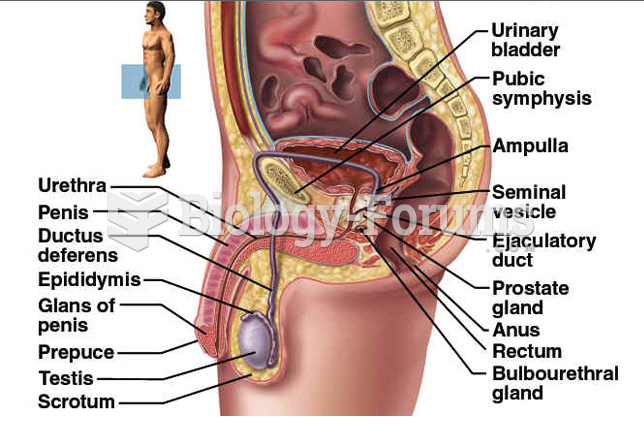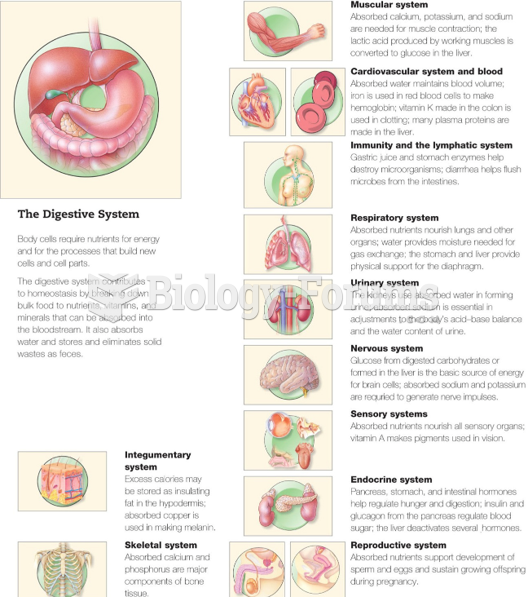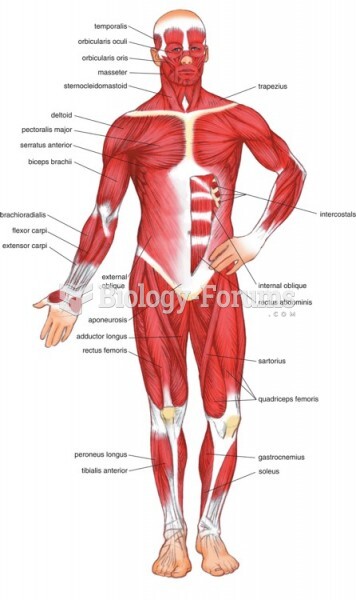|
|
|
Did you know?
Cancer has been around as long as humankind, but only in the second half of the twentieth century did the number of cancer cases explode.
Did you know?
The average office desk has 400 times more bacteria on it than a toilet.
Did you know?
By definition, when a medication is administered intravenously, its bioavailability is 100%.
Did you know?
Your chance of developing a kidney stone is 1 in 10. In recent years, approximately 3.7 million people in the United States were diagnosed with a kidney disease.
Did you know?
Green tea is able to stop the scent of garlic or onion from causing bad breath.







